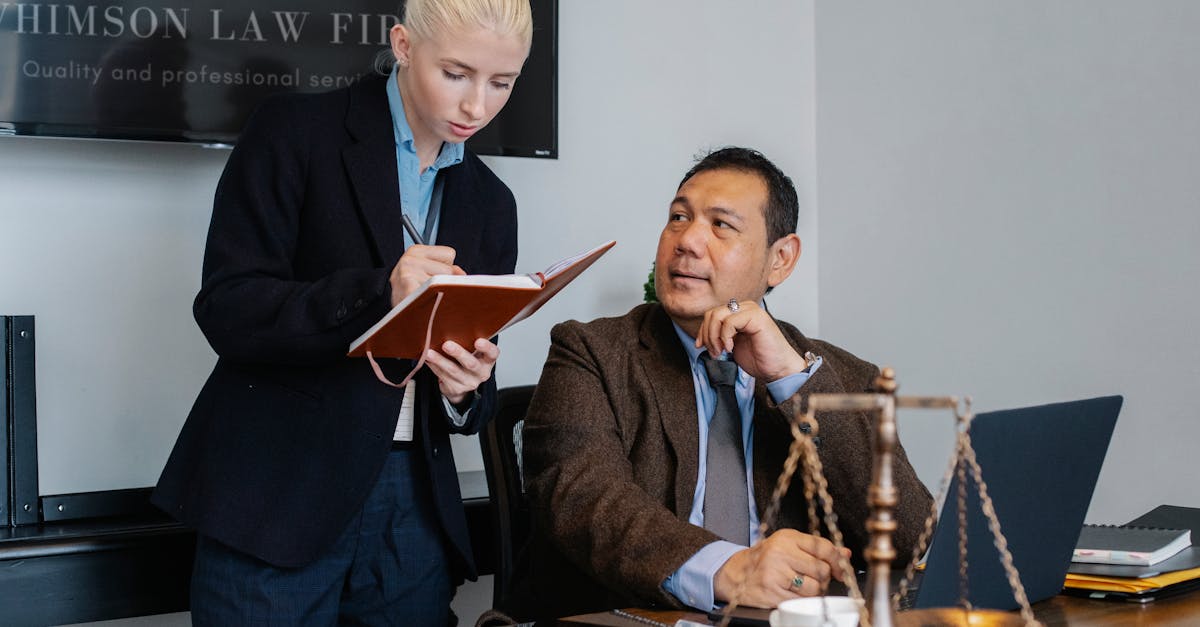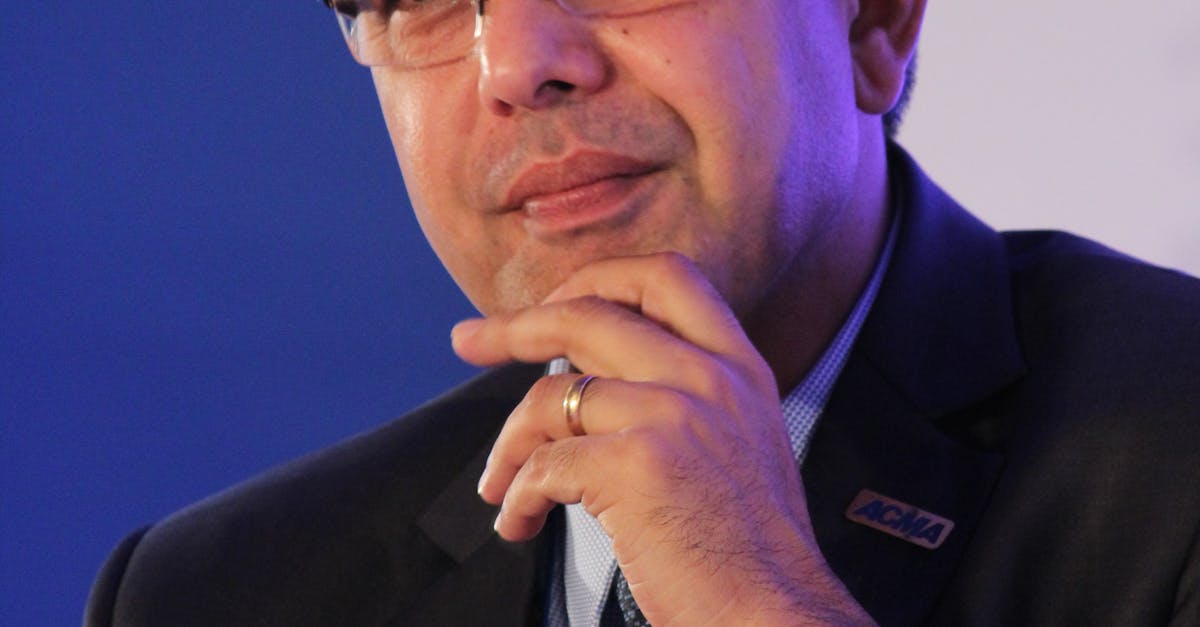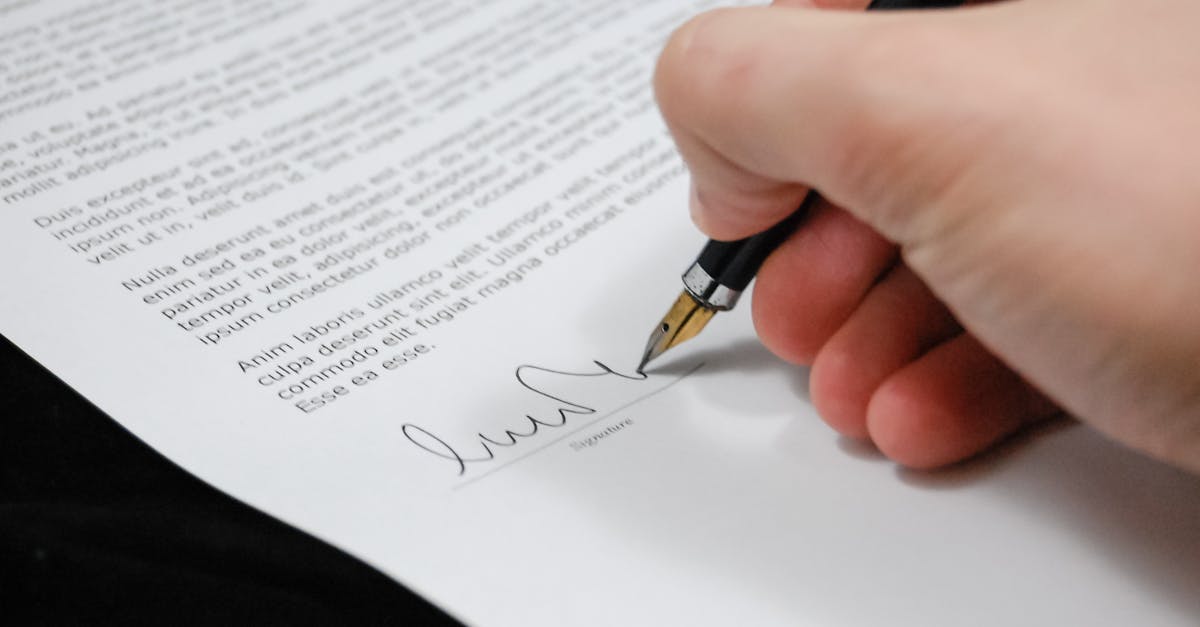
Visa Overstay Consequences
Visa overstay in the United States can have serious consequences under Immigration Law in New York, New York. If you remain in the U.S. past the expiration date of your visa, you may be subject to being classified as "out of status." This can result in being barred from re-entering the country for three to ten years, depending on the length of your overstay.
Moreover, overstaying your visa can lead to removal proceedings initiated by the U.S. government. Being placed in removal proceedings can lead to detention, deportation, and a permanent bar from entering the United States. It is crucial to adhere to the terms of your visa to avoid any legal implications that could significantly impact your ability to stay and work in the country.
Legal Implications and Penalties
Individuals who overstay their visa in the U.S. may face serious consequences under Immigration Law in New York, New York. The legal implications and penalties for overstaying a visa can be severe and may result in being barred from reentering the country for a certain period of time. Additionally, overstaying a visa can lead to deportation proceedings initiated by immigration authorities.
It is crucial for individuals to be aware of the potential legal consequences of overstaying a visa in the U.S. The Department of Homeland Security takes visa overstays seriously and actively enforces immigration laws to maintain the integrity of the immigration system. Violating visa regulations can have long-lasting effects on individuals' immigration status and may hinder future attempts to obtain legal residency in the country.
Seeking Permanent Residency
If staying in the U.S. long-term is the goal, seeking permanent residency is a crucial step. Immigration Law in New York stipulates that obtaining a green card is the most common way to achieve permanent residency. A green card provides legal authorization to live and work permanently in the United States. It also offers a pathway to citizenship after meeting residency requirements.
The process of applying for a green card can vary depending on the individual's circumstances. Some common ways to obtain a green card include employment-based sponsorship, family sponsorship, refugee or asylee status, and special immigrant status. Understanding the specific requirements and procedures outlined by Immigration Law in New York is essential to navigate the complexities of the green card application process effectively.
Green Card Application Process
Navigating the Green Card application process can be complex yet rewarding for individuals seeking permanent residency in the United States. Understanding the intricacies of Immigration Law in New York, New York, is crucial during this important step. The application process typically involves gathering necessary documentation, completing forms accurately, and adhering to specific requirements set by U.S. Citizenship and Immigration Services (USCIS).
Once the application is submitted, applicants must be prepared for potential delays and extensive processing times. USCIS may request additional information or schedule an interview to further assess eligibility for a Green Card. It is essential to respond promptly to any requests from USCIS to avoid prolonging the application process. Patience and diligence are key virtues during this period of uncertainty as individuals await a decision on their Green Card application.
Family Sponsorship
Family sponsorship is a common way for individuals to obtain a green card in the United States. Through family sponsorship, eligible U.S. citizens or permanent residents can sponsor their family members for permanent residency. According to Immigration Law in New York, the family sponsorship route allows for close family ties to be maintained and supported in the immigration process.
Under family sponsorship, U.S. citizens can sponsor their spouse, children, parents, and siblings for a green card. Permanent residents can also sponsor their spouse and unmarried children for permanent residency. It is important to note that there are specific requirements and procedures that must be followed when applying for a green card through family sponsorship, as outlined by Immigration Law in New York.
Relatives' Role in Green Card Application
Relatives play a crucial role in the green card application process for individuals seeking permanent residency in the United States. In accordance with Immigration Law in New York, New York, family sponsorship offers a pathway for eligible U.S. citizens and lawful permanent residents to petition for their relatives to obtain a green card. Sponsors must meet certain criteria to be eligible to petition for their family members, including proving a qualifying relationship such as being a spouse, parent, child, or sibling.
Once the sponsor establishes eligibility and initiates the green card application process, the relative seeking permanent residency must meet certain requirements set forth by the U.S. Citizenship and Immigration Services (USCIS). This includes demonstrating that they are admissible to the United States, passing medical examinations, and attending interviews as required. By fulfilling their role in the green card application process, relatives can greatly contribute to the successful attainment of permanent residency for their family members in compliance with Immigration Law in New York, New York.
FAQS
How long can I stay in the U.S. without a green card?
As a non-U.S. citizen, you can stay in the U.S. for a limited period based on the type of visa you hold. Overstaying your visa can have serious consequences.
What are the consequences of overstaying my visa in the U.S.?
Overstaying your visa can lead to legal implications such as being barred from reentering the U.S., deportation, and difficulties in obtaining future visas or green cards.
How can I obtain permanent residency in the U.S.?
To become a permanent resident in the U.S., you can apply for a green card through various avenues such as employment sponsorship, family sponsorship, or other immigration programs.
What is the process for applying for a green card in the U.S.?
The green card application process involves submitting the necessary forms, documents, and fees to the U.S. Citizenship and Immigration Services (USCIS) and attending interviews as required.
Can my family members sponsor me for a green card in the U.S.?
Yes, certain family members who are U.S. citizens or green card holders can sponsor you for a green card, provided they meet the eligibility criteria set by the USCIS.




